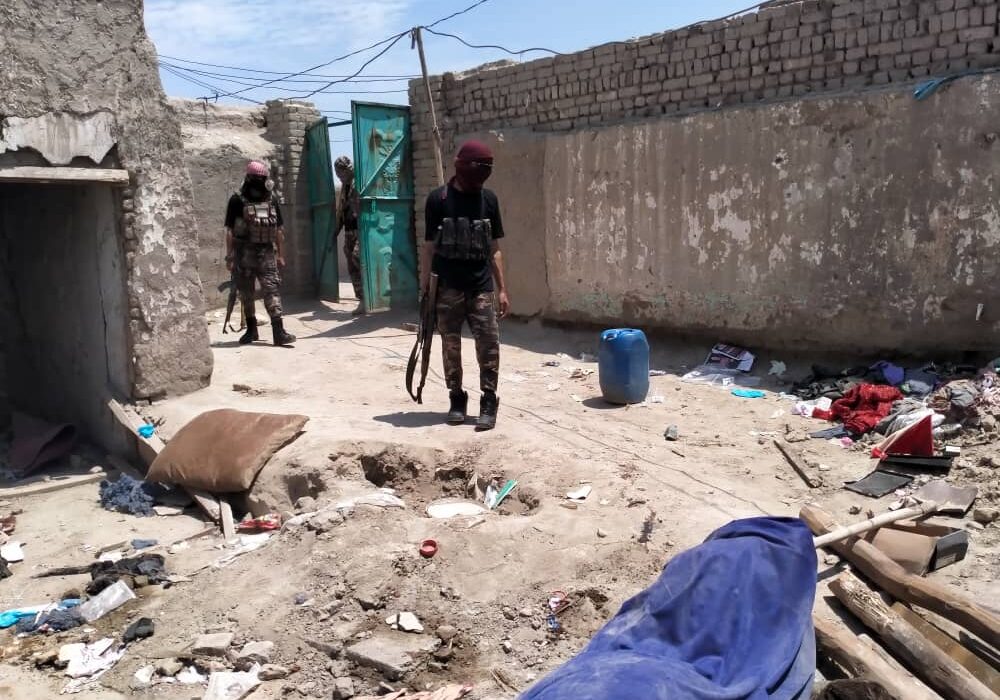Taliban’s spokesman Zabihullah Mujahid says Daesh in Afghanistan is not stronger today than a year ago and has been “suppressed” by the group.
This came in response to remarks this week by a top US military general that Daesh has a stronger presence in Afghanistan than it did a year ago. Mujahid said that the statement is “untrue” and that the number of Daesh fighters in Afghanistan has “already been reduced in ranks and suppressed.”
General Michael Kurilla, the commander of US Central Command (CENTCOM), told the US House Armed Services Committee on Thursday that “ISIS (Daesh) is stronger today in Afghanistan.”
“ISIS is a global organization. They have an organization called the Al-Siddiq office that is responsible for all of ISIS from Kazakhstan, Afghanistan, Pakistan, India, all the way down to Indonesia,” Kurilla said.
“They do communicate back and forth with the head of ISIS, the global affiliate,” he added.
The Taliban’s acting foreign minister Amir Khan Muttaqi rejected claims of Daesh militants being in the country.
Meanwhile, Mujahid also accused the US of exaggerating the situation around Daesh in Afghanistan, stating: “The interest of the US officials in this matter and their grandiosity is aiding and abetting the ISIS (Daesh) insurgents, which should be stopped.”
Meanwhile, Shamariz Nauman Afzal, a former officer of Pakistan’s military intelligence, said that Daesh is recruiting in Afghanistan and will become a big problem for the Taliban in the near future.
“ISIS is currently recruiting soldiers in Afghanistan and this group is trying to expand its activities in the near future, especially in the north-east, west, and north-east parts of Afghanistan,” Afzal said.
Yasin Niazi, a member of the former Afghan army, stated that the Taliban is not capable of fighting Daesh, and warned the group could become a serious threat to the US and its allies if the international community does not take action against Daesh militants in the country.
“The activities of IS-K (Daesh) are increasing day by day in Afghanistan, and the Taliban are unable to stop their activities. In the past, we had evidence that the Haqqani network was collaborating with the ISIS group, now I have no idea if their connections continued or not. But I know that the Taliban is a big umbrella for all terrorist groups and the internal differences of the Taliban will further strengthen the ISIS group,” Niazi said.
Daesh militants increased attacks across Afghanistan after the country fell to the Taliban in August 2021. However, what remains unclear is whether there is a link between ISIS and Daesh or not.
In the last two weeks, Daesh militants carried out two major attacks in Mazar-e-Sharif city of Afghanistan. On March 9, a suicide bomber killed Mohammad Daud Muzammil, the Taliban’s governor for Balkh province. Two days later another blast happened at an Iran-backed cultural center in the city, in which dozens of people – including a number of journalists – were killed or wounded.
Daesh claimed responsibility for both attacks.
Daesh has also attacked Shiite minorities across Afghanistan in the last 18 months.
Meanwhile, Russia, China, and Iran have raised their concerns about the presence of Daesh militants in Afghanistan.
According to the CENTCOM commander, around 6,500 Daesh fighters are in Afghanistan of which 4,000 militants have been stationed across from the Tajikistan border.
Based on the Doha agreement which was signed between the US and the Taliban in early 2020, the Taliban pledged to cut ties with terrorist groups and agreed to not allow terrorist groups to use Afghanistan’s soil against foreign countries.





